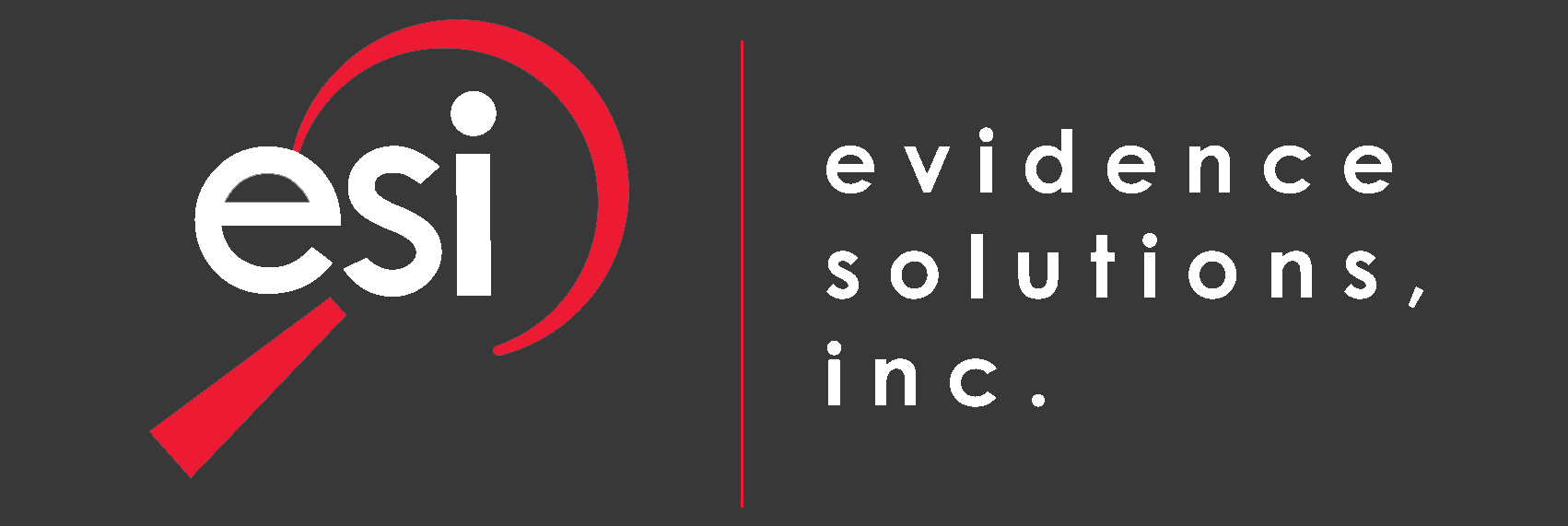The world has watched in recent years as Twitter, Facebook and other social media sites have made political uprisings possible where previously very difficult or perhaps impossible. In countries where dissidents had trouble making their voices heard due to the inability to quickly connect with one another, these tools are used to forward their agendas and change history
Not Everyone Uses Social Media For Good
However, not all who are using social media use it for good. Organizations from terrorists to foreign intelligence agencies have rushed into the social media arena collecting information that can be used for bad. “Exploiting social networks for military and intelligence purposes is a global game,” explains James Jay Carafano a speaker at the South by Southwest (SXSW) Festival in Austin, Texas. “China, for example, has stepped up its efforts to recruit Americans studying abroad as future ‘sleeper’ agents. The top tools they use to evaluate potential recruits? Facebook, Twitter, LinkedIn and reunion.com.” Carafano the author of ‘Wiki at War: Conflict in a Socially Networked World’, joined the technology and ideas conference to speak on the impact of social networking on today’s warfare.
Malware Is Part Of The Problem
Not only are social media outlets part of the puzzle used by organizations to hunt down information on individuals, but spam or phishing email is also used to target individuals. Carafano warns: “Foreign intelligence services also use social media to try to get inside our computers. That malware your officemate downloaded by clicking on the email offering ‘50 percent off pizza’? It might just as easily have come from a hacker working for the Chinese military as from a Russian cyber-criminal or some punk cyber-dude in California.”
What Is The U.S. Government Doing To Protect Us
Congress and any potential cybersecurity legislation lag notoriously behind the times. Let’s face it with the average age of Members of the House at the beginning of the 113th Congress at 57.0 years; and of Senators, 62.0 years they may be less likely to be in tune with technology. In addition, our congressional leadership is slow to author bills which could be effective. As a result, technology will have already moved on.
“Government is linear and social networks are non-linear,” Carafano told the SXSW audience. “That’s why we need a generation of leaders who can operate comfortably in the linear and nonlinear worlds.”
Public / Private Partnerships
So, if we can’t currently rely on the Federal Government to create the appropriate protection, how do we get there? It turns out the most efficient cybersecurity information sharing and initiatives appear to come from public-private partnerships. Organizations such as Infragard, which is a partnership between the FBI and the private sector, share information between the Federal law enforcement agency and private organizations. These types of groups tend to move much faster, sharing information in semi-private meetings that helps both the FBI and the private sector participants to make headway and protect infrastructure.
The Military Needs To Catch Up
It is clear America’s security forces have a lot of catching up to do. Currently, the military cybersecurity organizations are staffed by perhaps a few thousand and private organizations like Facebook with more than 6000 employees, Google with around 50,000 employees and Amazon with over 100,000 employees, daily analyze and understand the online behavior of not only their customers but also those who seek to harm their customers. Engaging and leveraging these private organizations can give the government the boost it clearly needs to compete in the cyber warfare era.


